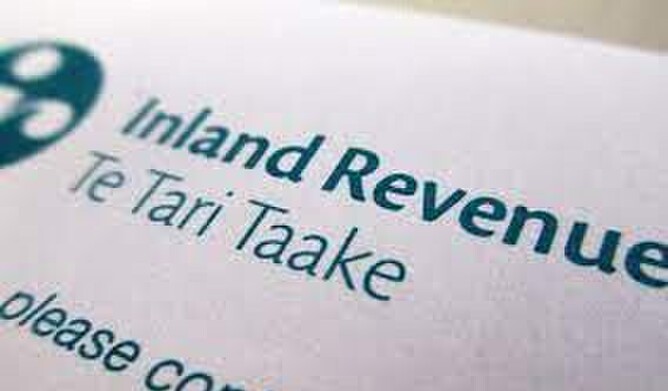Following a number of recent GST audits by the IRD, the NZTBA have been advised that the IRD are now looking at changing their interpretation of the GST/income tax rules that apply to bloodstock co-ownership arrangements.
Specifically, they are revisiting the ability of co-owners who may own one horse together to claim GST.
For example, if two parties (who are both registered for GST purposes) buy a mare, under current practice they can claim the GST on the mare’s costs and take advantage of any other tax credits or benefits individually that their respective businesses are entitled to.
Under the proposed changes, the IRD may treat certain co-ownership arrangements as a partnership under the Partnership Act 2019 and/or an “unincorporated body of persons” and require them to register that entity for GST centrally and provide a set of accounts and tax returns for that entity.
The Partnership Act 2019 defines a partnership as two or more parties coming together for the purpose of making a profit.
The NZTBA and representatives from the Standardbred Association, Harness Racing New Zealand and the law firm Chapman Tripp have been in discussions with the IRD to clarify this issue, and to work towards a solution that would be acceptable to all parties.
“We have had a lot of discussion with the department explaining how our industry operates and some of the implications we see would eventuate around co-ownership,” NZTBA President John Thompson said.
“They seem to be very receptive to our thoughts and understand where we are coming from. The problem the IRD have is they need to comply with the Partnership Act 2019, the Goods and Services Tax Act 1985 and the Income Tax Act 2007.
“I can assure our members that our discussions are ongoing and we are confident that we are receiving a fair hearing. But it is not at all clear yet as to how much room IRD feel they have under the current legislation. We will report back further as we can.”


